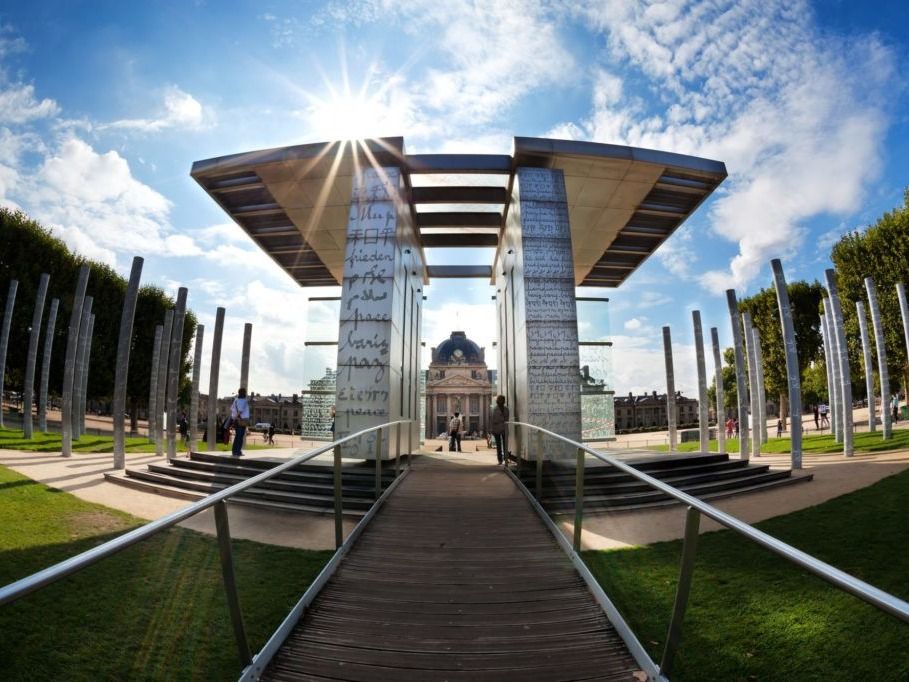PARIS (AN) — The Paris Peace Forum wrapped up three days of meetings on Wednesday promoting a message that French President Emmanuel Macron described as a need for "balanced cooperation" among nations to solve the planet's most pressing challenges.
Confronting the headwinds of anti-globalist ideologies, Macron welcomed more than 80 heads of state and government, senior officials and heads of international and regional organizations. The second annual forum in Paris was intended to boost international cooperation, though Macron noted that reliance on international organizations and treaties does not mean never questioning their efficiency.









